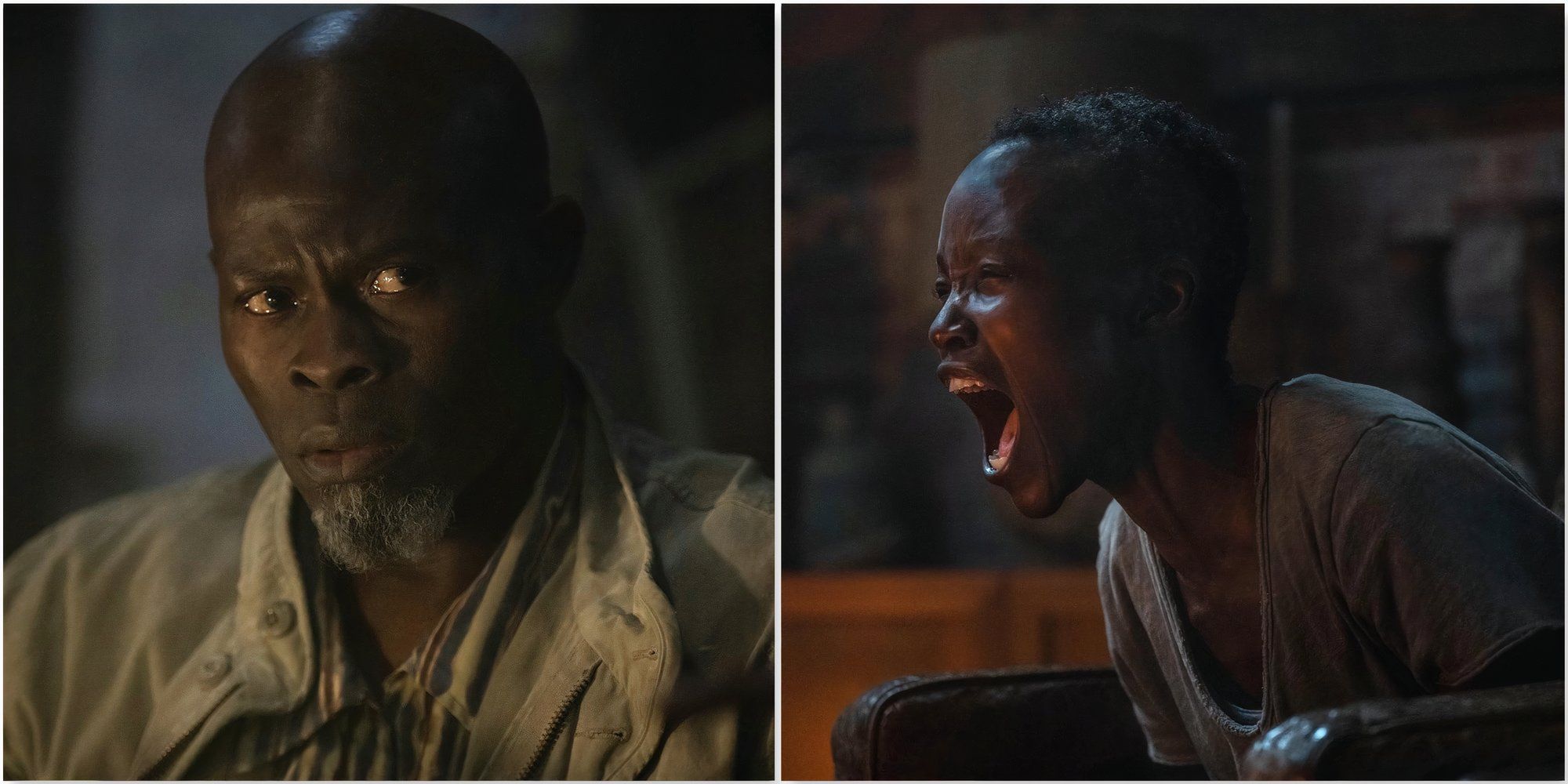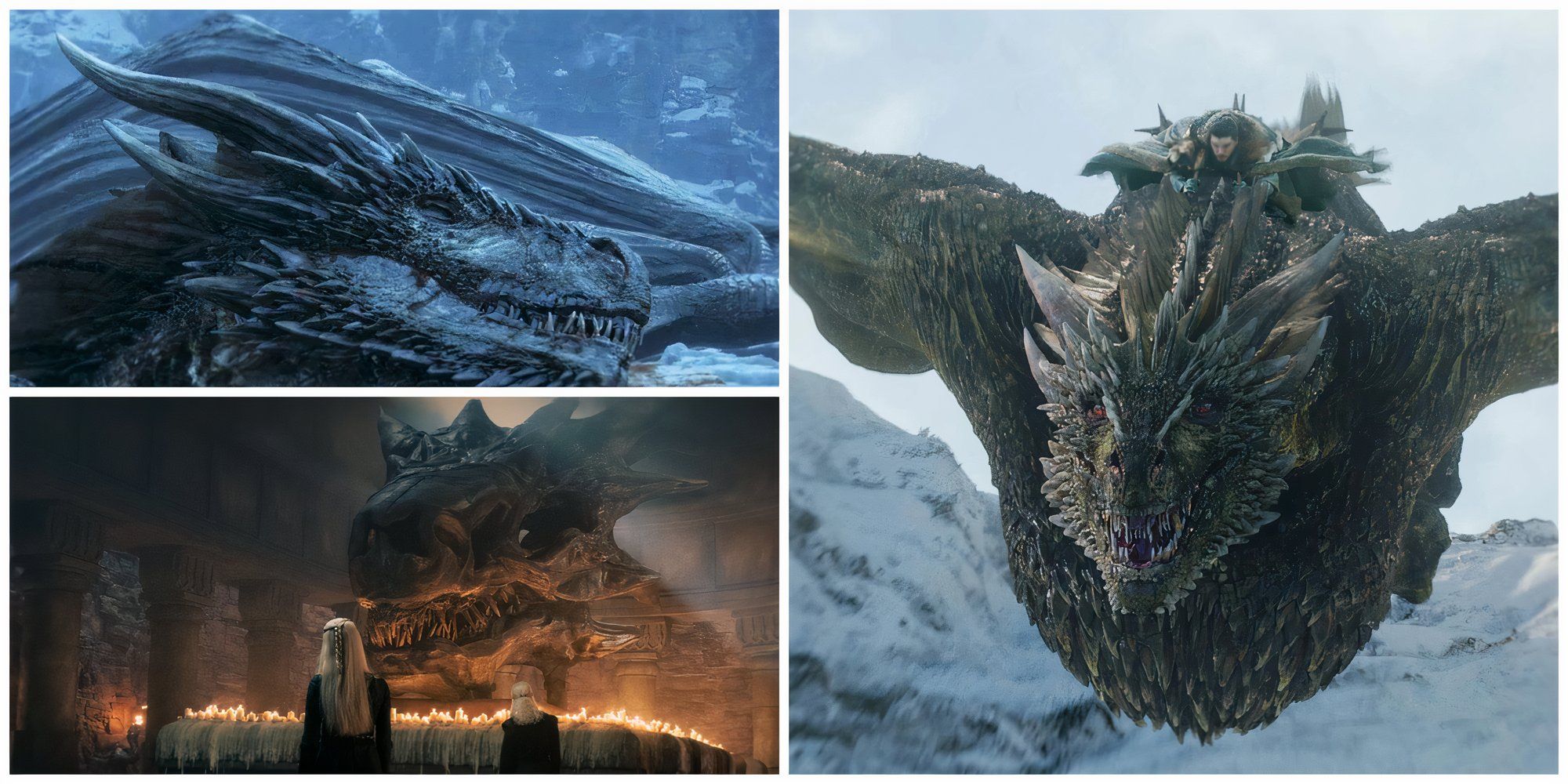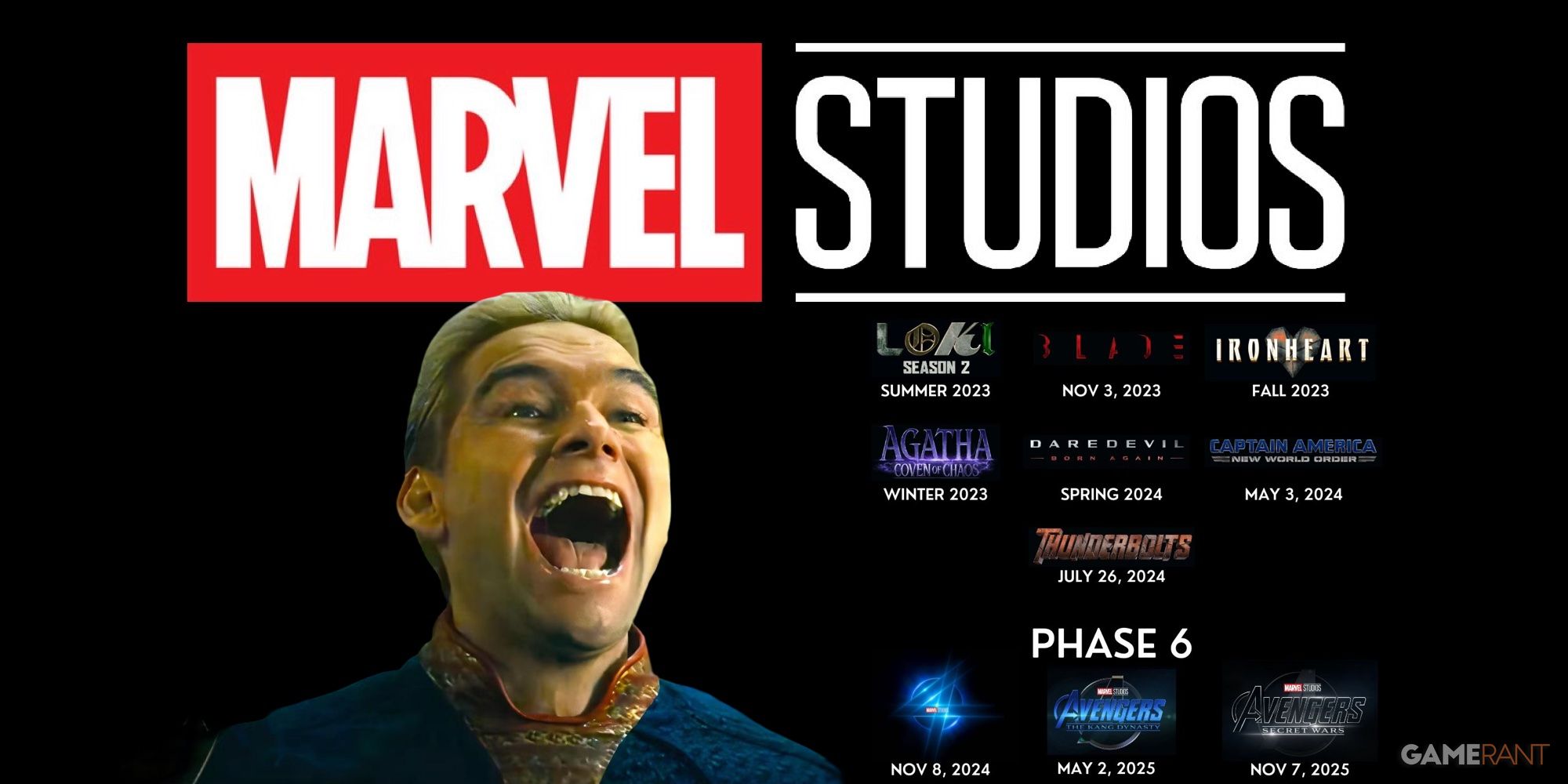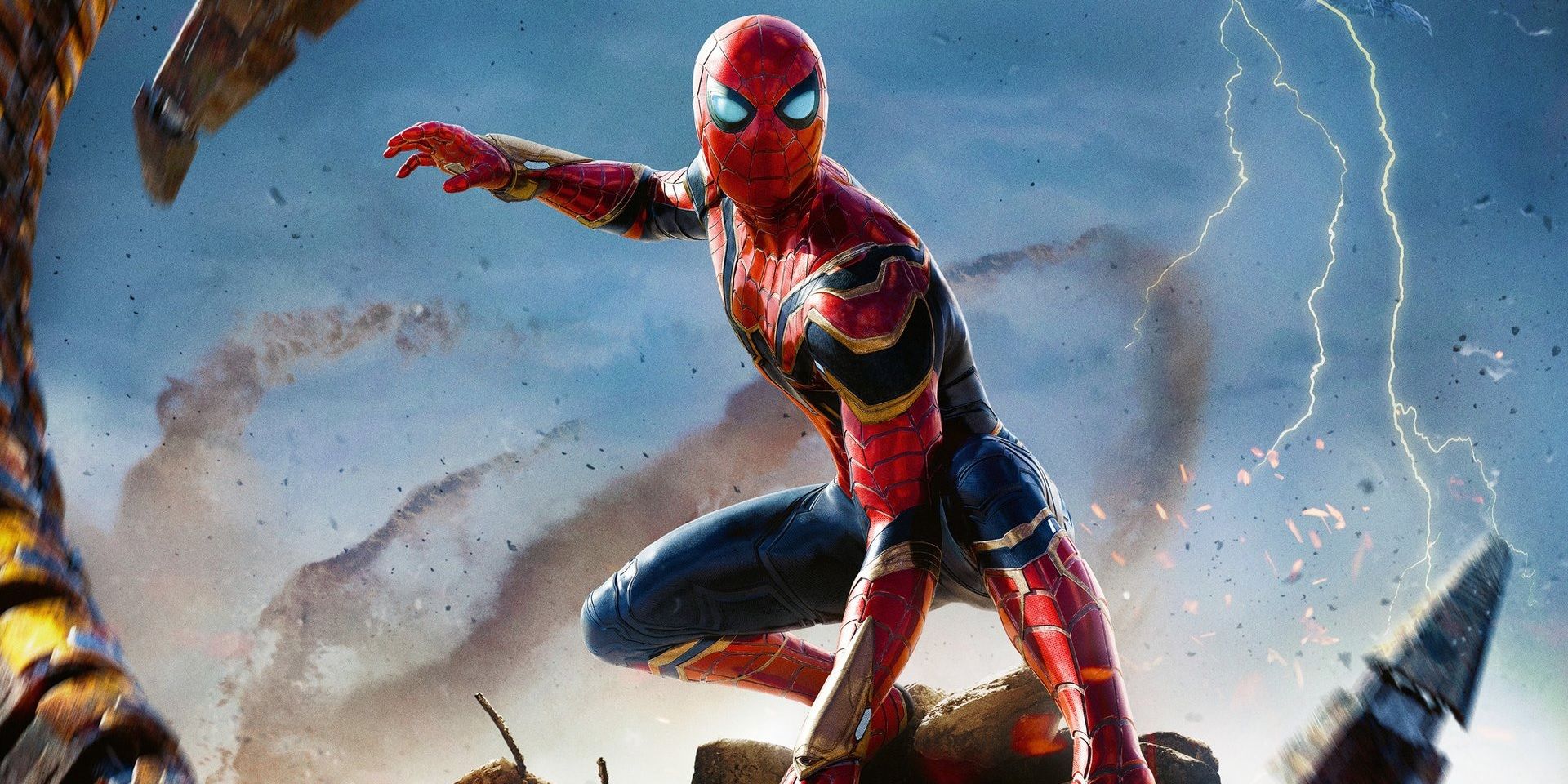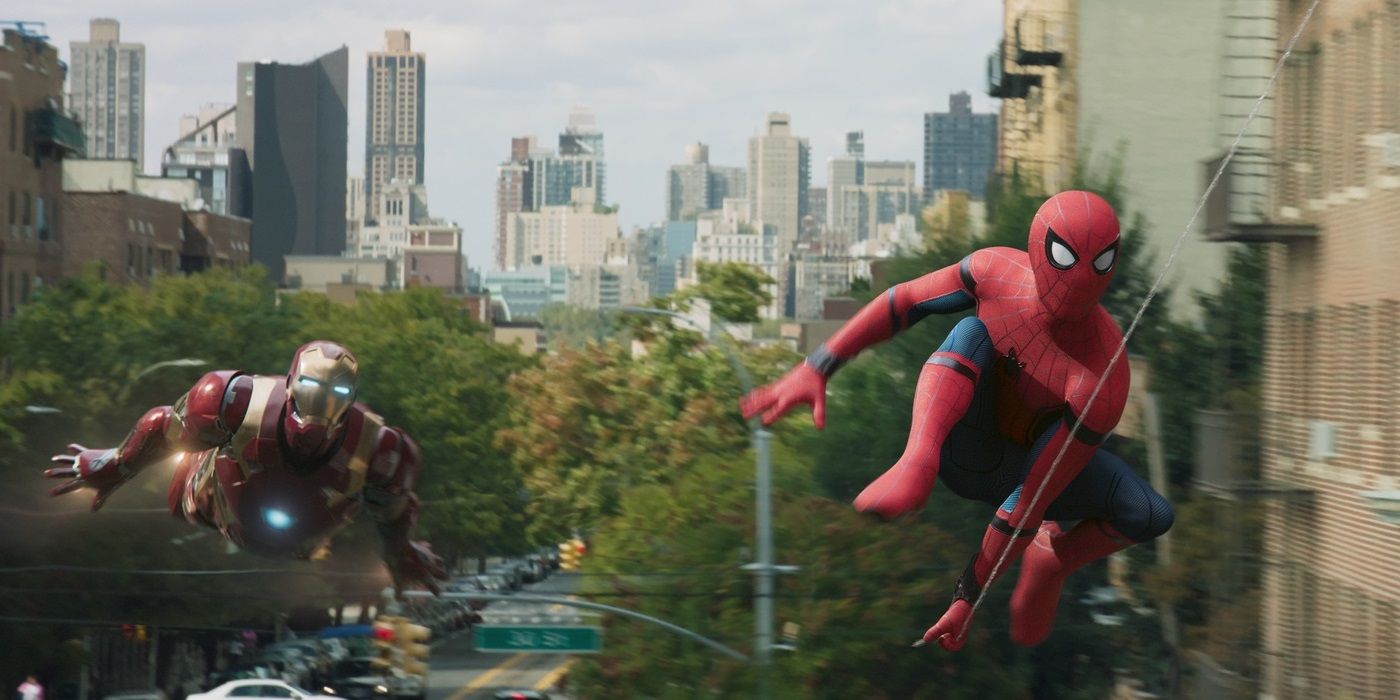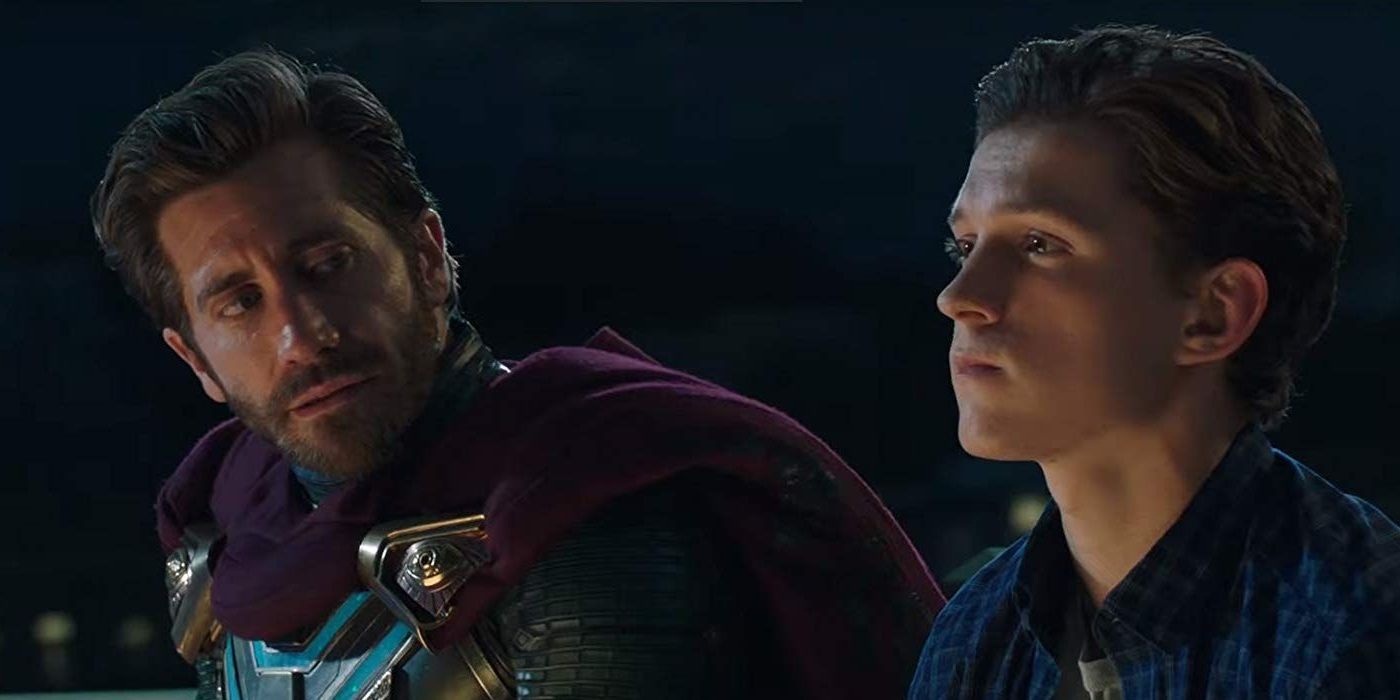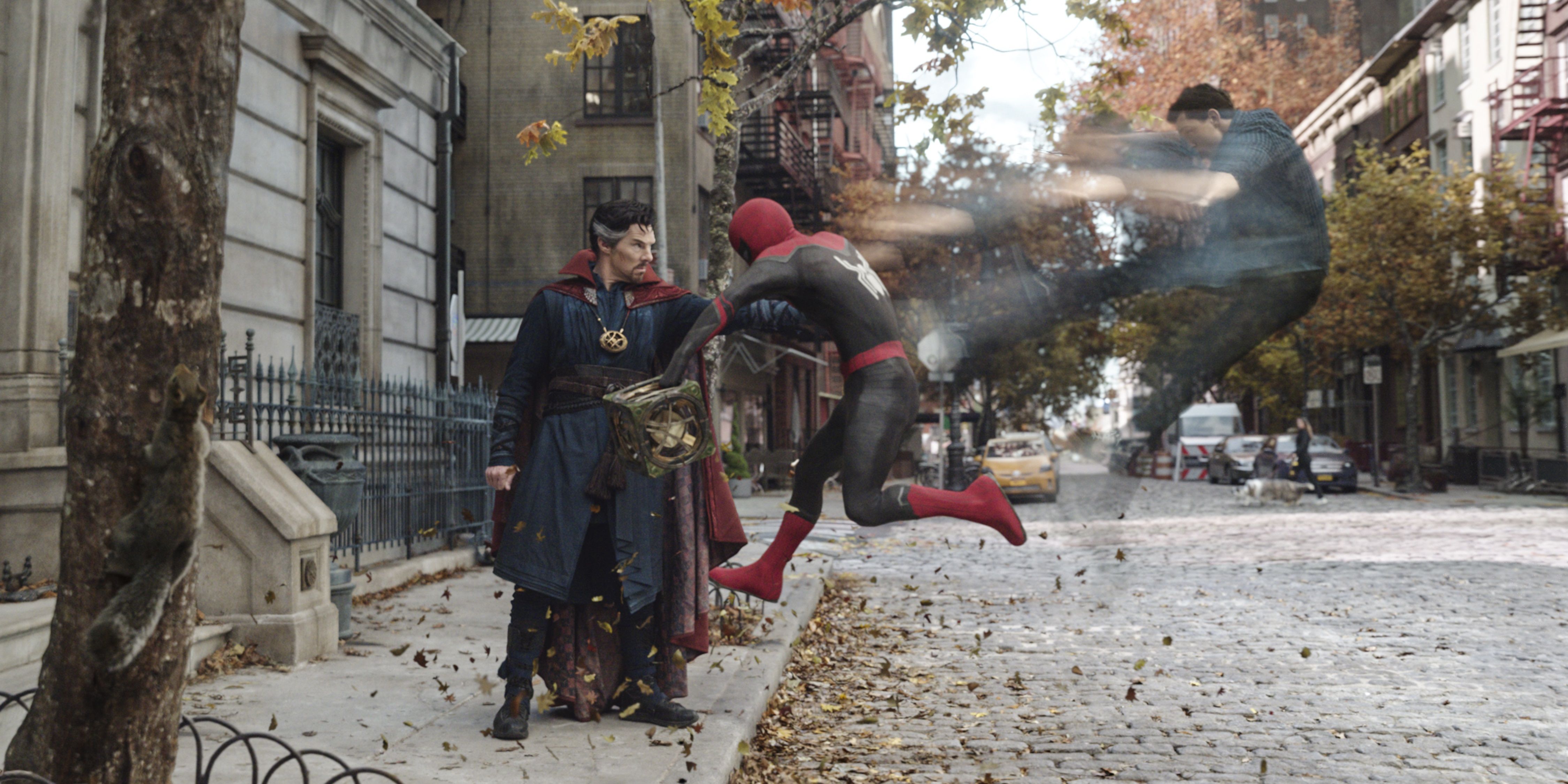Kevin Feige, the head honcho at Marvel Studios, is a big fan of the trilogy format. Telling serialized cinematic stories in three parts is one of the many ways the Star Wars saga has influenced the MCU. From Iron Man to Captain America to Thor, Feige and co. have generally stuck to the trilogy tradition with their superheroes’ solo adventures. The Avengers series is technically a quadrilogy, but Infinity War and Endgame are essentially two parts of the same story (and were even billed as such early in development), so it has the familiar “beginning, middle, and end” feel of a trilogy.
Until recently, the MCU didn’t have any perfect trilogies. All the franchise’s previous trilogies had been let down by at least one weak installment that hurt the series as a whole. Age of Ultron is by far the weakest Avengers film, acting as too many stepping stones between other MCU projects to really flesh out the apocalyptic threat of its titular cybernetic villain. Before the Russos revamped Captain America’s dull goody-two-shoes characterization in The Winter Soldier and Civil War, The First Avenger kicked off Cap’s solo trilogy with a generic superhero adventure. The Iron Man trilogy got off to a fantastic start with one of the greatest comic book movies ever made, but Iron Man 2 had an overstuffed plot focused more on universe-building than character development and Iron Man 3 has a wildly controversial twist that revealed Tony Stark’s fearsome terrorist leader arch-nemesis to be a foolish actor playing dress-up.
The MCU hadn’t quite stuck the landing with any of its trilogies until a few weeks ago. The resounding success of Spider-Man: No Way Home has solidified Jon Watts’ Spider-Man trilogy as Marvel Studios’ first truly great standalone trilogy. Homecoming, Far From Home, and No Way Home are all strong movies that hold together as their own three-part story. Audiences can clearly follow Peter Parker’s journey from a young, naive superhero to a seasoned, competent crimefighter, and there’s no Iron Man 2 or Thor: The Dark World to drag down rewatches.
Jon Watts’ Vision
With No Way Home, Jon Watts became the first director to see an MCU solo trilogy through to the end. The Russo brothers inherited the Captain America movies from Joe Johnston, Jon Favreau directed the first and second Iron Man films but bowed out of the third, and Love and Thunder will make Taika Waititi the first director to return for a second Thor film. James Gunn will follow in Watts’ footsteps with Guardians of the Galaxy Vol. 3 – and Ryan Coogler and Destin Daniel Cretton are sticking with the Black Panther and Shang-Chi franchises, respectively – but Watts made MCU history with his direction of No Way Home.
From Homecoming to Far From Home to No Way Home, the MCU’s Spider-Man movies have always been guided by a singular vision. One of the main problems with the Star Wars sequel trilogy was switching hands between directors. As a result, Episodes VII to IX are composed of opposing viewpoints: J.J. Abrams embraced nostalgia, while Rian Johnson took a more deconstructive approach to the past. Unlike the Dollars, Matrix, Before, and Lord of the Rings trilogies, it’s hard to look at the Iron Man, Captain America, and Thor trilogies as complete eight-hour works made up of three interconnected chapters, because different filmmakers with their own ideas took over along the way.
The MCU’s Spider-Man trilogy isn’t a traditional three-part story by any means, but Watts spearheaded the trilogy from beginning to end. He tackled each movie as its own entity, but he always kept an eye on how the MCU’s Peter Parker was growing as a character and what he could learn from his past experiences as he journeyed ahead into new conflicts. Homecoming, Far From Home, and No Way Home each offer their own standalone adventures, but they also hold up if fans watch them back-to-back as a complete piece (unlike Marvel’s other trilogies).
Each Movie Has Its Own Identity
Each movie in Watts’ Spider-Man trilogy has its own identity. Homecoming is a John Hughes-style high school comedy; Far From Home is like a superpowered version of National Lampoon’s European Vacation; and No Way Home is a Frank Capra-esque fantasy parable. Each one tells its own standalone story. But there’s also a strong emotional throughline connecting all three movies (and not just the use of the word “home” in all their titles). Peter is constantly paying the price for his mistakes. In the spectacular finales that wrap up these standalone stories, Peter makes up for those mistakes in heroic fashion.
Like every great trilogy’s middle chapter – The Empire Strikes Back, The Lord of the Rings: The Two Towers, The Matrix Reloaded, Back to the Future Part II – Far From Home ends on a devastating cliffhanger: the Daily Bugle revealing Peter’s identity to the public. This set up No Way Home to be the kind of Endgame-sized finale that the MCU’s non-Avengers franchises rarely get to enjoy. Once again, Peter makes a grave mistake, but this time, it has multiversal consequences. He asks Doctor Strange to brainwash the world into forgetting he exists, then tampers with the spell mid-cast and unwittingly invites in enemies and selves from parallel universes, paving the way for familiar characters from Sam Raimi and Marc Webb’s Spider-Man movies to appear in the MCU.
No Way Home Shouldn’t Have Worked
By all accounts, No Way Home is an idea that shouldn’t have worked. It’s easily the most ambitious franchise crossover of all time, as three separate versions of the same hero team up to fight two previous generations of their villains. A trio of Spider-Men trying to get their rogues’ gallery to return to the universes of the movies they came from could’ve disappeared down the meta rabbit hole. But Watts made it work beautifully. No Way Home doesn’t use its multiversal shenanigans as a crutch to avoid real storytelling. Watts uses all the resources at his disposal to fill the movie with emotional closure and give the audience a sense of finality.
A live-action Spider-Verse could’ve been a cheap gimmick, but No Way Home avoids that label with a classical It’s a Wonderful Life-inspired fable about giving second chances and making wishes carefully. The threequel could’ve slipped up if it didn’t keep its focus on Holland’s Spidey. If Watts had indulged in making No Way Home a version of Spider-Man 4 and The Amazing Spider-Man 3, then it might’ve been too muddled and disjointed. Mercifully, the director remained focused on Holland’s Peter Parker and his journey even when the story turned into a wildly self-aware experiment in blockbuster fan service. With its sights set squarely on Holland’s Spidey and his most meaningful relationships, No Way Home is the perfect finale for the story that began with Homecoming.
As much as No Way Home feels like the end of Spidey’s journey in the MCU, it also acts as a soft reboot for the franchise setting up a whole new journey. All of Peter’s friends have forgotten who he is and he can no longer rely on Aunt May or Stark Industries, so he’ll finally become the self-sufficient underdog seen in the comics. There have been rumors of a new Spider-Man trilogy in the MCU, and after No Way Home’s ending provided a true origin story for this incarnation of Spidey, a new trilogy taking him back to his roots sounds incredible.

